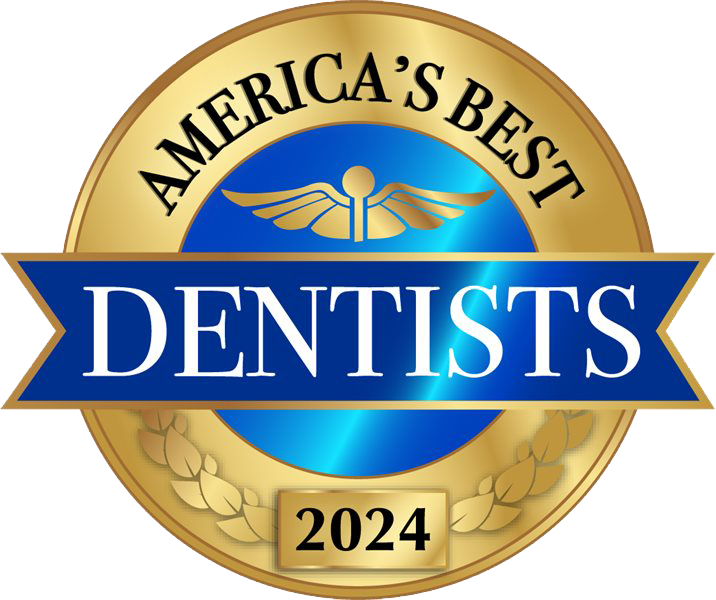Blog Layout
Does an Athletic Body Mean Terrible Teeth?
Cherrywood Dental • Jun 20, 2016
Are you just running toward dental problems?
Exercise is undisputably an important part of good health and a happy, long life. But those taking part in vigorous atheletics need to remember to keep their pearly whites a priority. Studies have shown that athletes are more likely to have poor oral health, showing problems ranging from cavities to worn enamel to periodontal disease. Why are these perfect bodies yielding rotten teeth?
Taking a closer look at athletes’ dental shortcomings can give us clues about how to best care for our own smiles. Read on for some theories on exactly why physical prowess might be linked to weakened teeth, and get in touch to schedule your next dental exam today (especially if you’re an athlete yourself)!
Understanding Athletes’ Poor Oral Health
In a study of the 2012 London Olympics’ participants, researchers found high levels of tooth decay, gum disease, and erosion of enamel. While most athletes had access to quality dental care, they didn’t take advantage of it – most hadn’t visited in the previous year. This is the first key takeaway: if you’re engaging in a highly focused task (like preparing for the Olympics), you’re less likely to complete preventive dental care. But without healthy teeth, you’re not going to be able to win gold, and you could be saying goodbye to your smile before the end of your athletic career.
Those behind the study theorized that the consumption of high-sugar sports drinks and energy bars might be part of the cause, but they didn’t have data to support that. To learn more abuot dental problems in athletes, the dental school at University Hospital Heidelberg in Germany compared a group of triathletes to a group of gender- and age-matched non-athletes. Analyzing their saliva at rest and then again after the subjects worked out, researchers found that the athletes’ saliva was more alkaline, with the chemical composition changing during physical exertion. This creates a dangerous environment for the teeth and heightens the risk of erosion and decay. They also found no direct link between the consumption of sports drinks/bars and the presence of tooth decay.
What can we learn from this? The first precaution may be to drink plenty of water during exercise to help stimulate saliva production and protect the teeth. Brush and floss regularly, especially if you’re on a training regmien. And schedule regular exams (for most patients, twice yearly) to make sure you’re on the right track.
If you ever think something about your teeth or gums is changing, athlete or no, get in touch to get checked out.
© 2024
All Rights Reserved | Cherrywood Dental Associates
781-469-0771
301-973-6160
Website designed and maintained by Xpress, INC

